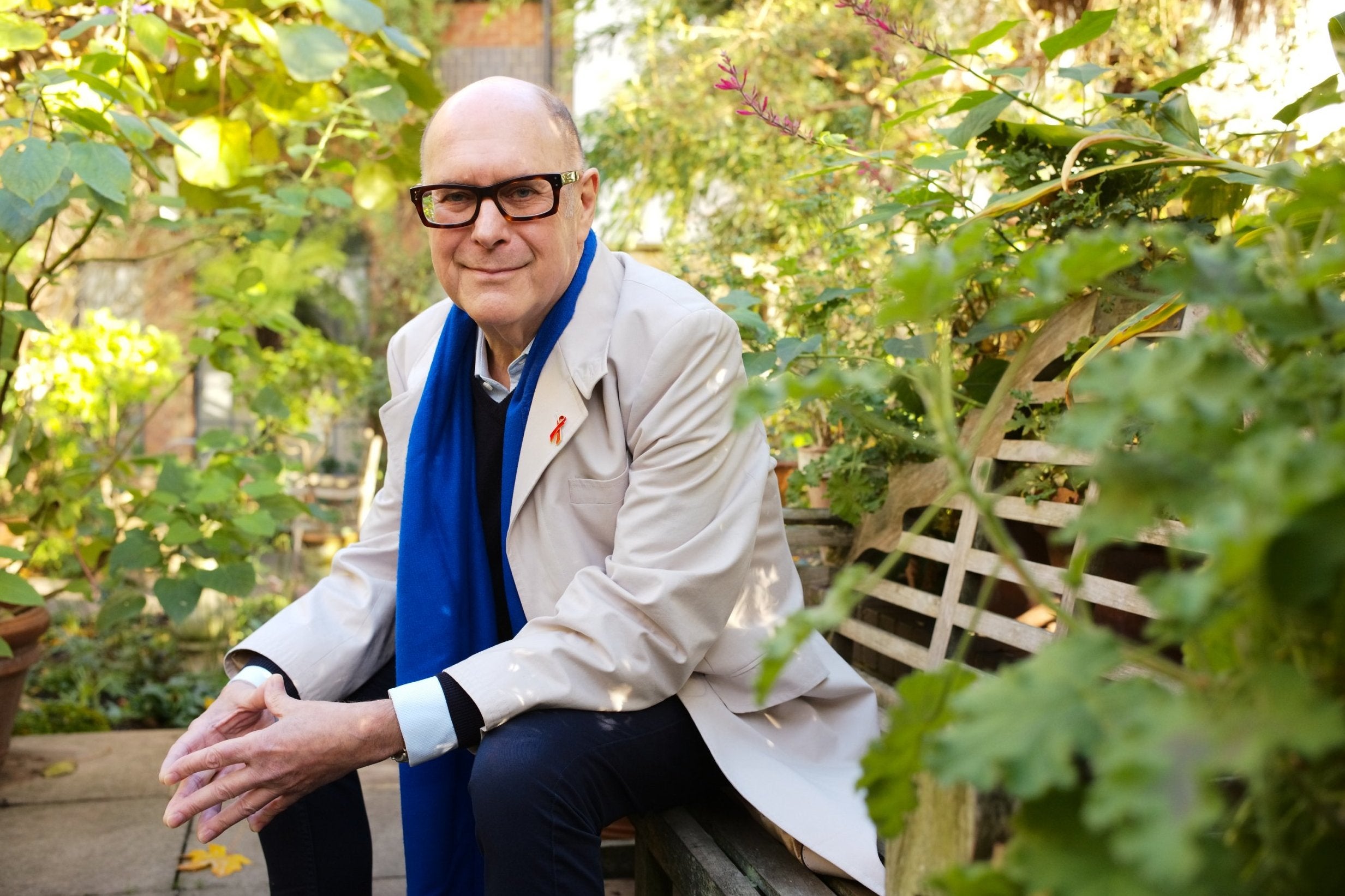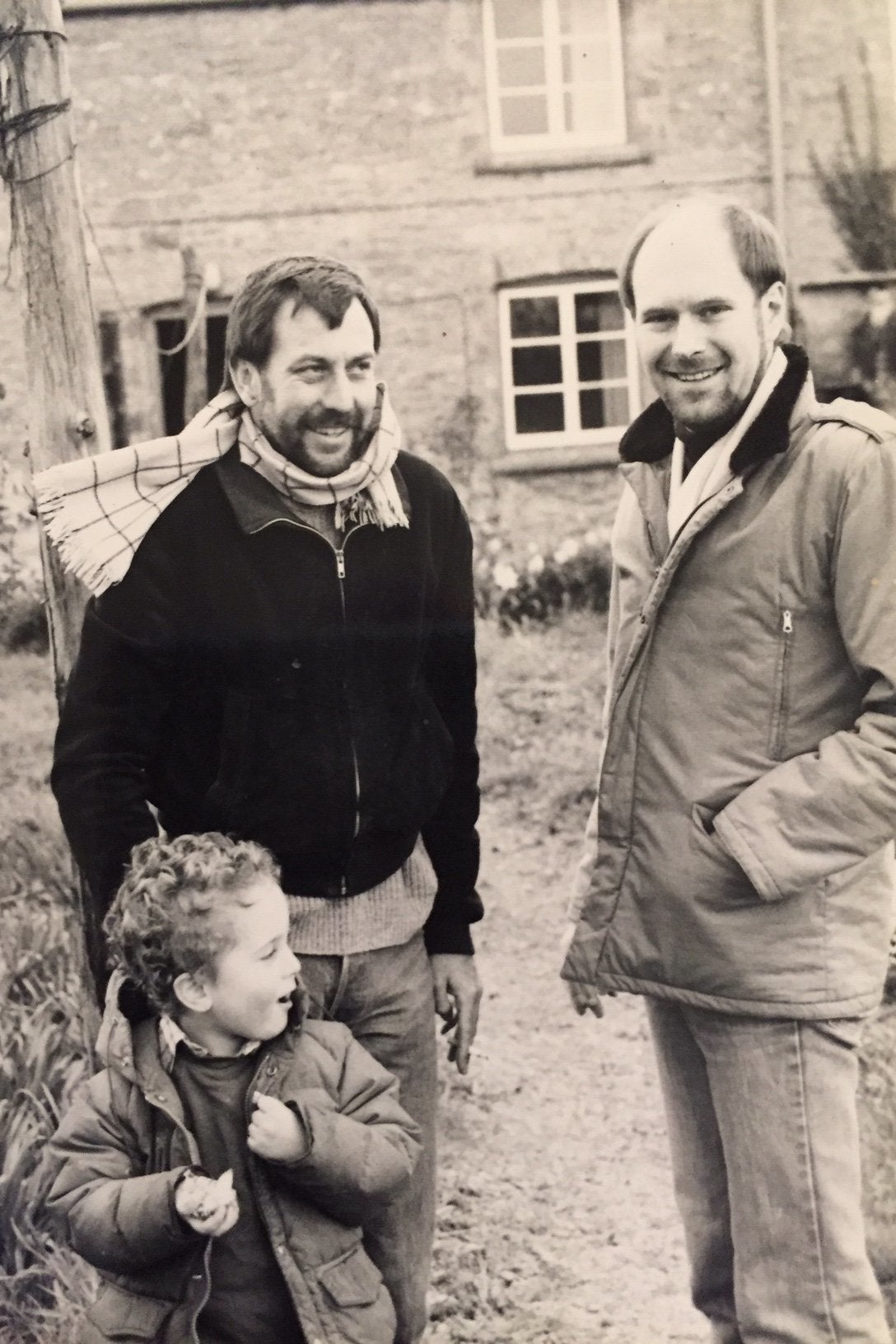AIDSfree: ‘I was waiting to die for 11 years ... in a moment that all disappeared’
Kiran Randhawa meets a man who lost his partner and explains why access to treatment enabled by your donations means others will not have to suffer

Your support helps us to tell the story
From reproductive rights to climate change to Big Tech, The Independent is on the ground when the story is developing. Whether it's investigating the financials of Elon Musk's pro-Trump PAC or producing our latest documentary, 'The A Word', which shines a light on the American women fighting for reproductive rights, we know how important it is to parse out the facts from the messaging.
At such a critical moment in US history, we need reporters on the ground. Your donation allows us to keep sending journalists to speak to both sides of the story.
The Independent is trusted by Americans across the entire political spectrum. And unlike many other quality news outlets, we choose not to lock Americans out of our reporting and analysis with paywalls. We believe quality journalism should be available to everyone, paid for by those who can afford it.
Your support makes all the difference.Chris Sandford nursed his partner of 12 years through Aids. He watched as Robert Grace, a 38-year-old architect, became frail with a series of fatal conditions related to HIV, eventually dying at just four-and-a-half stone.
The film producer told how in 1981, when his boyfriend first fell ill, the terms Aids and HIV were not used. “Nobody really understood what this illness was, all they knew was, it was attacking gay men,” he said.
“We didn’t know how it spread, we were in the dark about it. It was a terrible, terrible disease up until 1996.”

Mr Sandford, now 71, was diagnosed with HIV himself in 1985. A year later, Mr Grace died.
“In 1985 I was given two years to live,” he said. “It was like a sword hanging over me ready to drop at any moment.
“I had nursed Robert through his illness and watched him die and thought, that will be me.”
For years Mr Sandford was just waiting to die. He fell ill a few times, including suffering a bout of pneumonia which led to him being admitted into an Aids ward, but he recovered each time.
In 1996, advances in medicine meant doctors were testing people’s “viral load”, how much of the virus was in the blood, and the future became less bleak.
“I went for a viral load test. This was a new thing then. I kept testing negative. I didn’t have a viral load.”
At that point, Mr Sandford, from Pimlico in London, discovered he was an “elite controller”, an HIV-positive person whose immune system keeps viral load undetectable without treatment.
“It emerged that I had a genetic quirk and had a natural resistance to HIV,” he said. “For 11 years I was just waiting for death, but in that moment it all disappeared. I realised I wasn’t going to die.”
Mr Sandford, a counsellor and educator for those with HIV at the Bloomsbury Clinic in central London, started antiretroviral treatment – HIV medicine – in 2003 after bouts of illness.
He said: “There have been lots of battles along the way. Robert was four-and-a-half stone when he died. He was dying for six years, just getting weaker and weaker.
“I watched this happen to many other friends. It was difficult.
“But we now have medication that gives you your future back.
“You will have a normal healthy lifespan, or even better, because you’re getting checked all the time.
“You can be a father, you can be a mother, you can adopt and you can foster.
“Once you get on with life, it’s just a tiny part of it.”
Chris Sandford has produced a film about those living with HIV called ‘A Life Beyond’ for the Bloomsbury Network, a charity that supports the Bloomsbury Clinic (bloomsburynetwork.co.uk)
Join our commenting forum
Join thought-provoking conversations, follow other Independent readers and see their replies
Comments